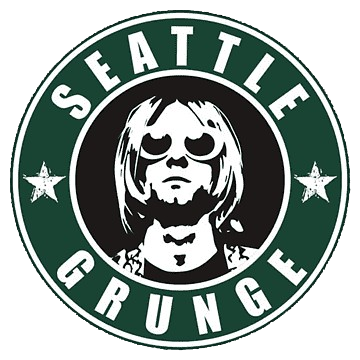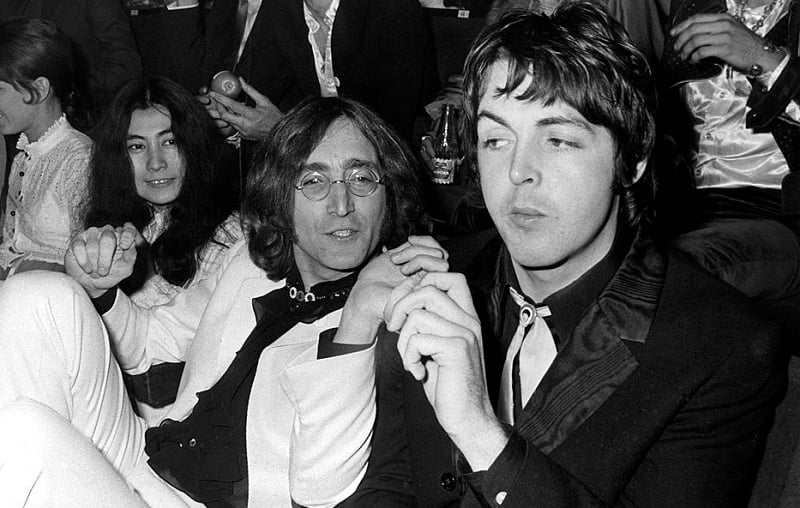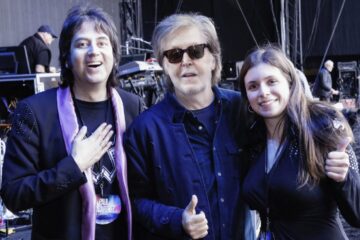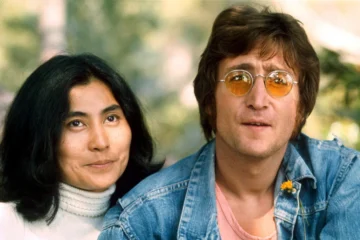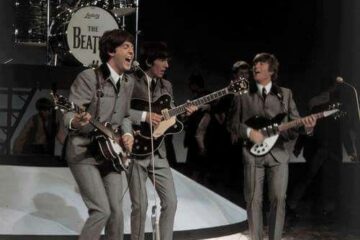When Paul McCartney announced that he was taking time away from The Beatles to work on his solo career in April 1970, it was clear that this was no mere hiatus but a fully blown breakup. Things then took a much more fraught turn in August when he filed a lawsuit against the other members and their company, Apple Corps, to formally terminate the band. He argued that the band’s manager, Allen Klein, a notorious figure whose allegiance lay with John Lennon – if any of them – was impeding his financial and artistic freedom.
While some have argued that McCartney was throwing his toys out of the pushchair, the end of The Beatles had been coming for years. They might have been the world’s most important band and changed the world beyond recognition with their brilliantly flagrant attitude towards standards but since the pinnacle of 1967’s Sgt. Pepper’s inner group relations had frayed under creative differences, personal issues, and the fact that they’d been under the intense glare of the spotlight for the best part of a decade.
It was a very complex situation. This storied period is so classic to rock lore that the demand was incredible when the revealing documentary series Get Back arrived decades later in 2021. Comprised of unused footage that wasn’t selected for Michael Lindsay-Hogg’s original 1970 documentary Let It Be, which followed the quartet making the titular final album, it offered more insight into the time when they were drawing to a close. While there were still brief bursts of happiness at points, it made it resoundingly clear that the members were mentally over it when making their final album.
McCartney sensed that things were changing as far back as 1968 before The Beatles made their only double album, The White Album. This feeling led to him writing a song that came to define the sadness prompted by the end of the group, ‘The Long and Winding Road’, which features on the second side of Let It Be. Inspired by the sound of Ray Charles, orchestral overdubs were later added by Phil Spector, which McCartney hated, but ultimately, they came to augment the heartbreaking nature of the track, as the words ring true for what unfolded.
He wrote the song in Scotland in 1968, when the cracks were starting to show. One day, McCartney’s mind was piqued by the sight of a road stretching up and off into the hills in the remote Highlands surroundings of High Park Farm near Campbeltown. After the title came to him, he sat down at his piano and started working on the track centred around the tensions in The Beatles. It made for a fitting metaphor, and a demo was even recorded during the sessions for The White Album.
In Barry Miles’ Many Years from Now, McCartney explained the track’s meaning: “I was a bit flipped out and tripped out at that time. It’s a sad song because it’s all about the unattainable, the door you never quite reach. This is the road that you never get to the end of.”
Part of the brilliance and emotional depth of the song lies in the regret and sadness that permeate it. Yet, despite its undeniable potency, Lennon, McCartney’s former songwriting partner who had become a rival by the end of The Beatles, was relatively dismissive of it. In David Sheff’s All We Are Saying, Lennon referred to ‘The Long and Winding Road’ and ‘Let It Be’ as “the last gasp” from McCartney.
Lennon said: “Paul again. He had a little spurt just before we split. I think the shock of Yoko Ono and what was happening gave him a creative spurt including ‘Let It Be’ and ‘Long And Winding Road’, ’cause that was the last gasp from him.”
Interestingly, ‘The Long and Winding Road’ played a significant role in hastening the end of The Beatles. When Phil Spector was brought in by Allen Klein without McCartney’s approval, he overdubbed orchestral parts onto the song, even wiping one of McCartney’s vocal tracks in the process. McCartney was livid and sent a letter to Klein demanding the changes be removed, but the album and song were released with Spector’s alterations intact. This only deepened McCartney’s anger, and by the time the dissolution hearing for the band’s breakup took place in February 1971 at London’s High Court, one of McCartney’s stated reasons for leaving the partnership was Klein’s company ABKCO altering ‘The Long and Winding Road’ without his consent.
